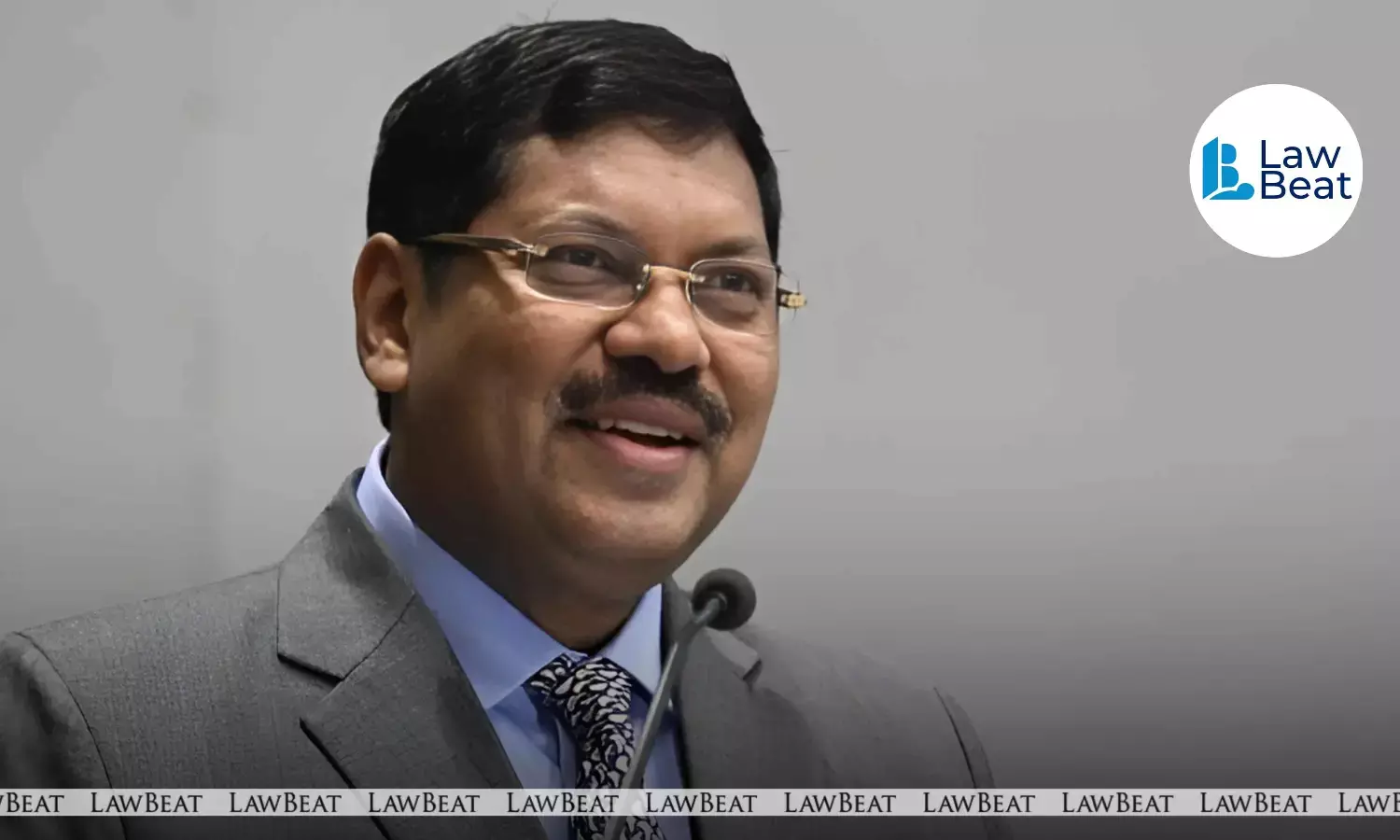“Constitution, Not Parliament, Is Supreme”: CJI Gavai Stresses Primacy Of Constitutional Values At Hometown Felicitation

CJI Gavai delivered the Keynote Address at the 38th LAWASIA Conference held at Hanoi.
Chief Justice of India (CJI) Bhushan Ramkrishna Gavai on Wednesday asserted that the Constitution of India is the supreme authority in the country, guiding all three branches of democracy; the legislature, the executive, and the judiciary.
Speaking at a felicitation event held in his hometown Amravati, Maharashtra, CJI Gavai made it clear that while some may consider Parliament supreme, “it is the Constitution that reigns above all.”
“There is always a discussion as to which wing of democracy is supreme,” he said.
“While many say and believe that Parliament is supreme, according to me, it is the Constitution of India that is supreme. All three wings of the democracy work under the Constitution," the CJI remaked.
On Basic Structure and Judicial Responsibility
Citing the Supreme Court’s landmark judgment on the ‘Basic Structure Doctrine’, CJI Gavai emphasized that while Parliament has the power to amend the Constitution, it cannot alter its basic structure. “This foundational principle ensures that core constitutional values remain protected,” he remarked.
The Chief Justice underlined that judicial independence is not defined merely by passing rulings against the government. “A judge should always remember that we have a duty, we are custodians of the rights of citizens and of constitutional values,” he said, stressing that judicial power comes with constitutional responsibility.
Rejects Populism in Decision-Making
CJI Gavai cautioned against judges being influenced by public sentiment.
“We have to think independently. What people will say cannot become a part of our decision-making process,” he said, reiterating that public opinion must not guide judicial verdicts.
He added, “I have always let my work and my judgments speak. I have always stood by the fundamental rights guaranteed by the Constitution.”
Right to Shelter and “Bulldozer Justice”
Highlighting one of his significant rulings, CJI Gavai referred to his judgment condemning extra-judicial demolitions, often referred to as “bulldozer justice.” He emphasized that the right to shelter is a fundamental and inviolable right.
“Justice must be tempered with compassion and respect for rights,” he noted.
Personal Recollections
Reflecting on his personal journey, the Chief Justice shared that he initially aspired to become an architect. However, it was his father’s dream that guided him into the legal profession.
“My father wanted to be a lawyer but couldn’t pursue it because he was arrested during the freedom movement,” he recalled.
Justice Gavai was sworn in as the 52nd Chief Justice of India last month, becoming the second CJI from the Scheduled Caste community
